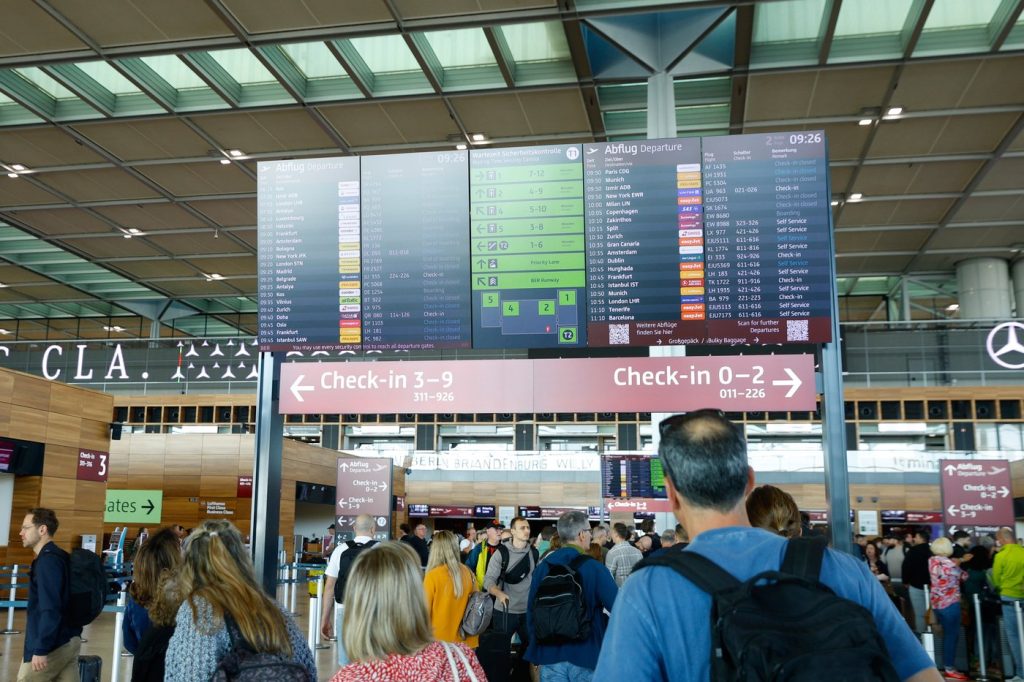BRUSSELS (AP) — A cyberattack targeting check-in and boarding systems has caused significant disruptions to air traffic across several major European airports. Officials reported that the incident occurred on the night of Friday, September 19, and it primarily affected the service provider for these systems, leading to widespread delays and operational challenges.
Brussels Airport confirmed that the attack resulted in only manual check-in and boarding processes being available, which heavily impacted flight schedules. The airport's statement underscored the scale of the disruption, indicating that many travelers faced delays as a direct consequence of the cyber incident.
Berlin's Brandenburg Airport also reported similar issues, stating that an attack against its passenger handling service provider necessitated the suspension of connections to critical operational systems. This precautionary measure contributed to significant delays as airport operators sought to manage the situation safely.
London Heathrow Airport, recognized as Europe's busiest airport, identified a “technical issue” that was tied to a service provider responsible for check-in and boarding systems. In a statement, Heathrow explained that Collins Aerospace, the company in question, was encountering a technical glitch that could lead to extended wait times for departing passengers.
Collins Aerospace, established in 2018 as a U.S. aviation and defense technology company, is a subsidiary of RTX Corp., formerly known as Raytheon Technologies. The firm specializes in technologies that enable self-service check-in, printing boarding passes and bag tags, and self-dispatching luggage through kiosks at airports.
In response to the ongoing disruptions, Collins Aerospace acknowledged the cyber-related issues impacting its MUSE (Multi-User System Environment) software at various airports. Despite the interruptions, the company emphasized that manual check-in operations remained functional, offering a temporary solution to mitigate passenger inconvenience.
Collins Aerospace stated, “We are actively working to resolve the issue and restore full functionality to our customers as quickly as possible. The impact is limited to electronic customer check-in and baggage drop and can be mitigated with manual check-in operations.” This proactive stance reflects the company's commitment to ensuring a swift return to normal operations for airlines and passengers alike.
Notably, the repercussions of the cyberattack were not uniformly felt across all European airports. For instance, the Roissy, Orly, and Le Bourget airports located in the Paris area reported no disruptions, contrasting with the widespread impact seen at others.
The incident has led to heightened awareness regarding the vulnerability of critical infrastructure like airport systems to cyber threats. As the aviation sector increasingly relies on digital solutions for efficiency, the potential for disruption from cyberattacks remains a pressing concern for airport authorities and travelers globally.











